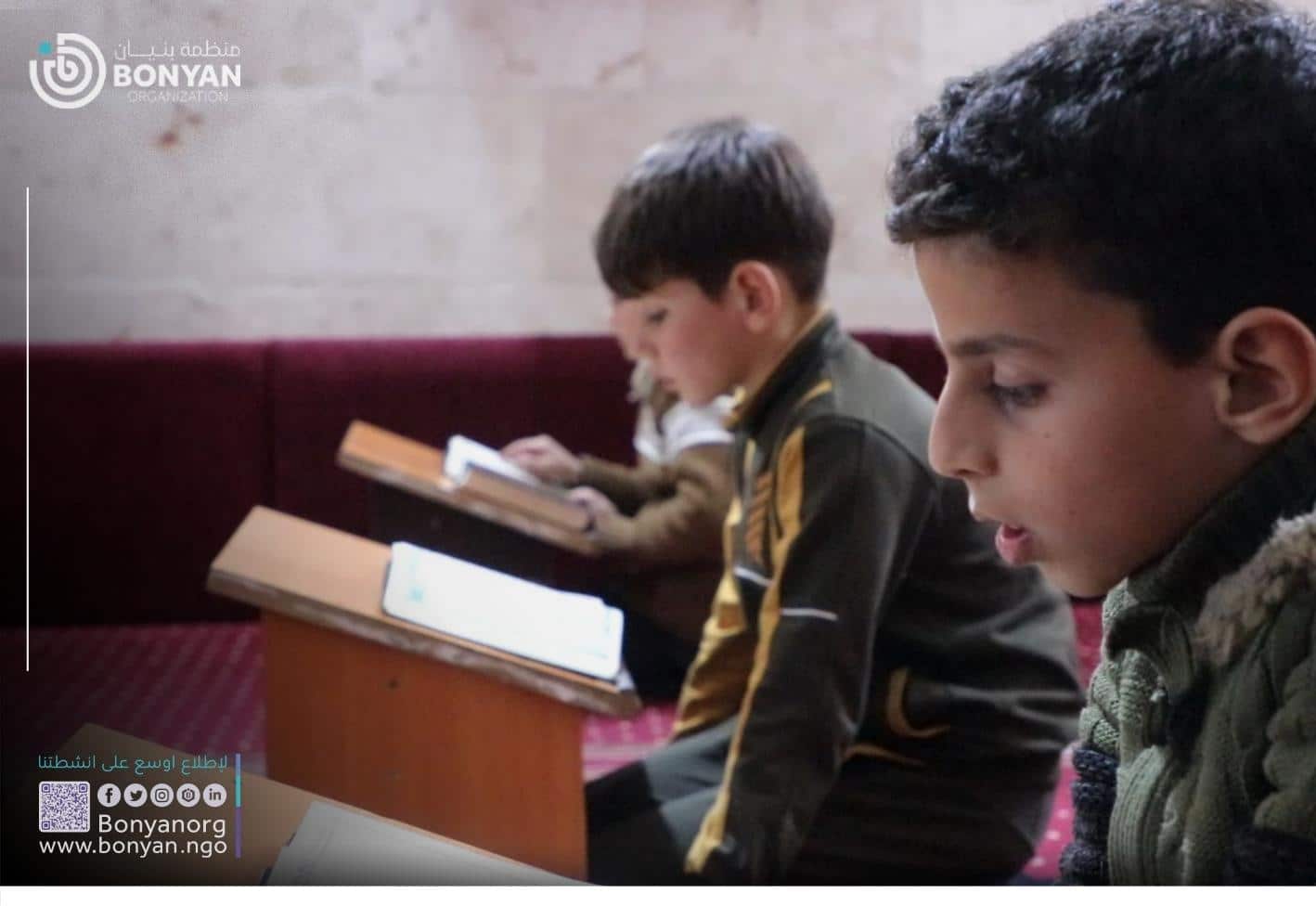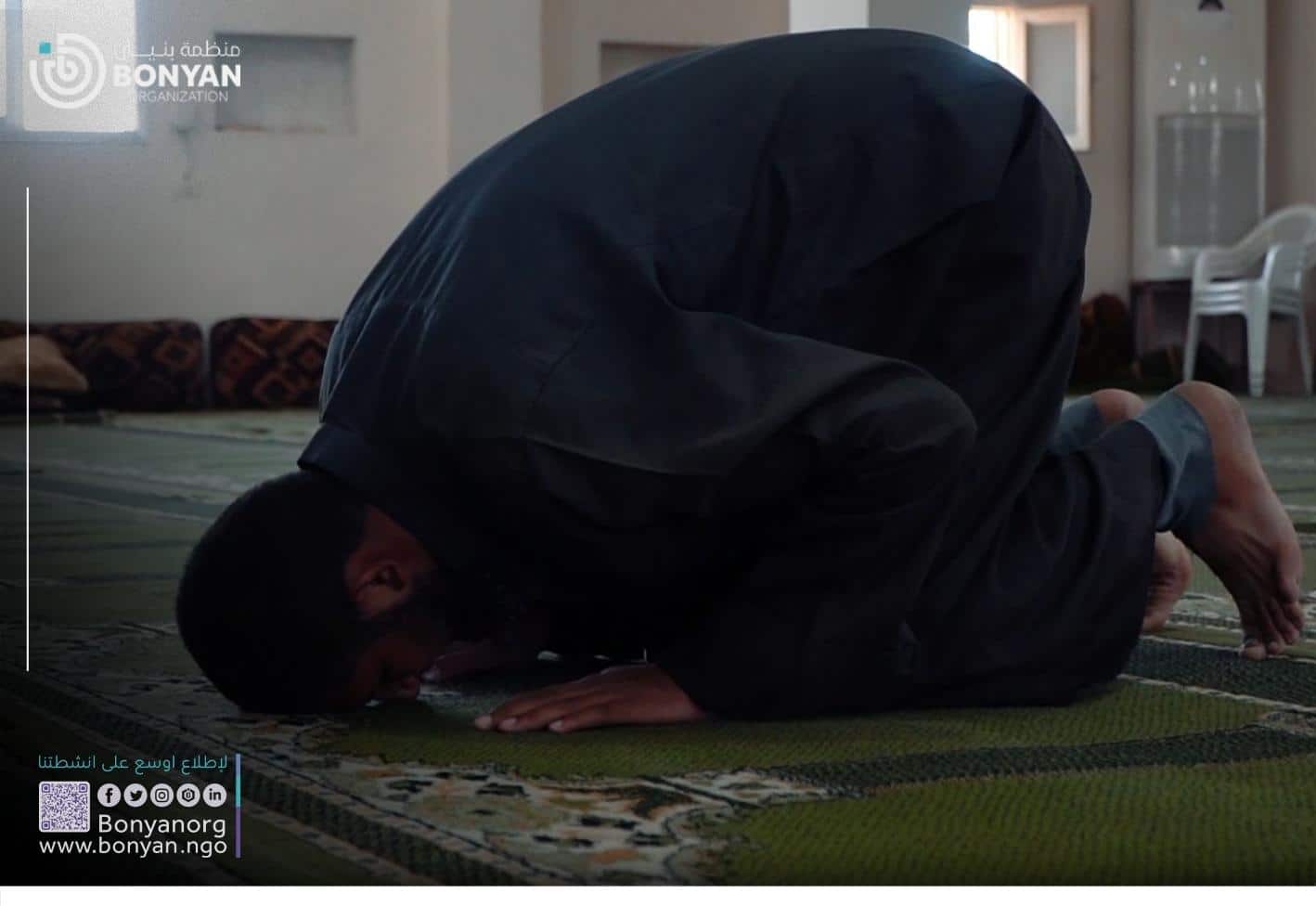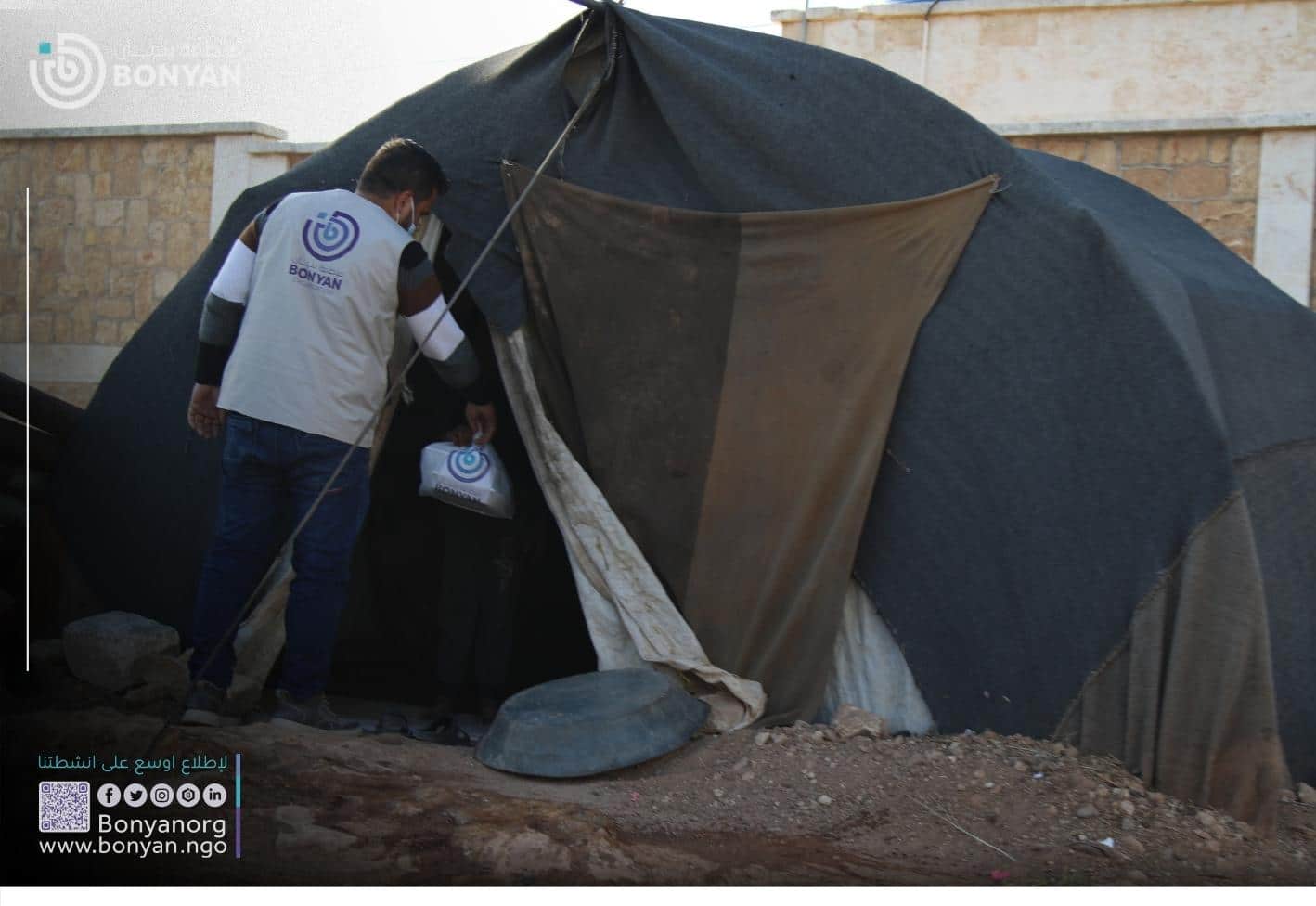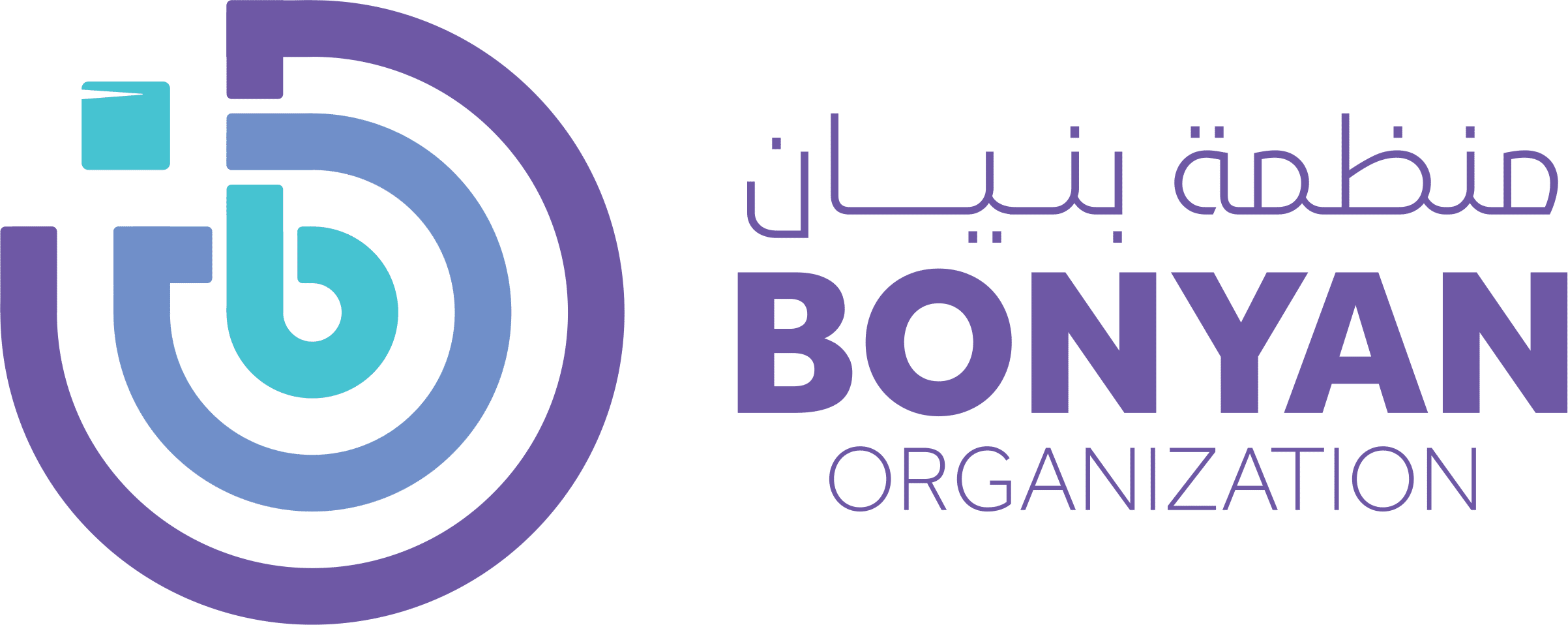Qur’an and Dua’a and Dhikr
Allah made Ramadan one of worship, such as fasting and increasing prayer. In it, there is the Night of Decree, which is better than a thousand months.
Among the most important and closest deeds to Allah in Ramadan are reading the Qur’an, making supplications, and remembrance, which involves getting closer to him.
Remembrance and supplication are required of the fasting person throughout the day, but it is especially required at Iftar.
The first thing a fasting person says when breaking his fast is what Ibn Umar narrated. He said: The Prophet, may God bless him and grant him peace, used to say when he broke his fast:
“The thirst is gone, the veins are moistened, and the reward is confirmed, God willing.”
He supplicates when breaking the fast for what he loves for his religion, this world, and the hereafter, for himself, his family, and the Muslims. It is a time when an answer is expected.
Learn in Ramadan
It is better in the month of Ramadan for a person to be busy with worship, especially reading the Qur’an. This does not prevent him from attending some gatherings of knowledge and reading some books in a way that energizes one’s soul and conjugates it with some beneficial things.
If that is possible, it does not distract him from the duties of Ramadan. But bearing in mind the preceding, that his preoccupation is with worship, and a lot of supererogatory acts of obedience, reading the Qur’an, acts of kindness and generosity, charity, and benefiting people, and that is the norm for the whole month.
It also motivates: to devote oneself to worship in Ramadan that the good deed is multiplied in Ramadan in quantity and quality.

Last 10 Days of Ramadan Importance
Ramadan is one of the most important months in the Islamic calendar. The last 10 days of Ramadan are considered to be the holiest and most blessed days.
The last 10 days are called “the best of times” because they are a time for spiritual reflection, prayer, and purification.
And It is the time when Muslims all over the world prepare for Eid al-Fitr, In addition to fasting, these days are also an opportunity to increase one’s spiritual discipline and do good deeds in preparation for Eid.
Qur’an and Seeking Laylatul Qadr
The Quran was revealed during this time; the Prophet Muhammad (peace be upon him) said:
“Whoever fasts Ramadan and follows it with 10 days of fasting will have his/her sins forgiven.”
The month of Ramadan is a time of reflection and spiritual growth. It’s also a time to seek Laylatul Qadr, the Night of Power.
In the Qur’an, Allah says:
“We have indeed revealed this (Message) in the Night of Power: And what will make thee know what the Night of Power is? The Night of Power is better than a thousand months.”
(Qur’an 97:1-5)

This night falls on one of 27 specific days in Ramadan. The exact date is unknown, but it occurs between the 17th and the 27th day.
The following is a hadith narrated by Abu Hurayrah, may Allah be pleased with him:
The Messenger of Allah (peace and blessings be upon him) said:
“Whoever spends Laylatul Qadr in prayer out of faith and in the hope of reward, his previous sins will be forgiven.” (Muslim)
Allah says in the Qur’an:
“Indeed, We sent it down during a blessed night. Indeed, We were to warn [mankind]. That is a reminder for whoever fears [Allah].”
(Surah 97:1-5)
Performing on Ritual Retreat (I‘tikaf)
I‘tikaf is a ritual of worship in which a person spends the last 10 days of Ramadan in a mosque. It is one of the best deeds that Muslims can perform.
Muslims perform I‘tikaf to gain closeness to Allah, get closer to Allah, and increase their spirituality.
The purpose of I‘tikaf is to spend time with Allah in a state of spiritual retreat.
I’tikaf is considered one of the best forms of worship. It is an act that has been widely accepted by all major Muslim schools of thought and scholars.
The time spent in I’tikaf can be divided into two parts:
- The time spent in prayer.
- The time spent in other activities related to the spiritual retreat.

Giving Sadaqah During the Last Ten Nights
Giving sadaqah during the last ten nights is an act of worship that brings many blessings. It is a time for us to remember Allah and ask Him for His forgiveness. The reward for giving sadaqah during these days is multiplied many times over.
The Prophet Muhammad, peace be upon him, said:
“Whoever gives charity equal to a date from their honest earnings every day, Allah will take them into Paradise.”
“Whoever spends the whole of Ramadan with nothing but good intentions, Allah will forgive all their past sins.”
The Prophet Muhammad (peace and blessings be upon him) said:
“Whoever fasts during Ramadan and then follows it with ten days of fasting, it is as if he fasted for a lifetime. And whoever gives charity during the last ten days, it is as if he gave everything in the world.”
This Hadith has been interpreted by scholars to mean that doing both acts together will result in great rewards. This can be achieved by giving Sadaqah on the last 10 nights of Ramadan.
FAQ
When Does Sawm End?
The fast begins at dawn and ends at sunset. No food or drink may be taken during the hours of the fast. The month of fasting ends with Eid-al-Fitr.
Why Eid al-Fitr is Important?
Eid al-Fitr commemorates the end of the fasting month of Ramadan. An occasion for special prayers, family visits, gift-giving, and charity takes place over one to three days, beginning on the first day of Shawwal, the 10th month in the Islamic calendar.



